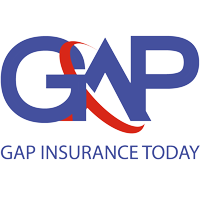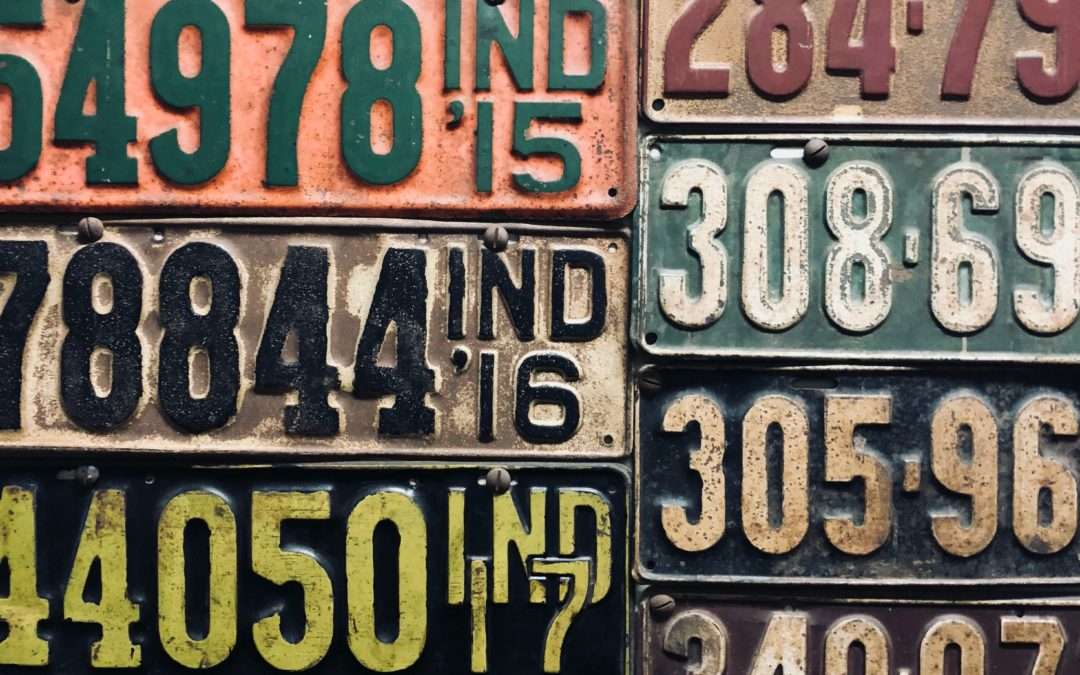Car Registration Starter Pack
Bought a new car or a used car recently? You might want to make sure it is registered with the DVLA (DVA in Northern Ireland) before you hop on your new ride. After all, it is a legal requirement. Don’t want to drown in documents? Here is a quick guide on registering a car in the UK to keep it light and breezy.
Do I have to register my car?
Whether it is a used or a brand-new car, you need to register it straight away with the DVLA once you have purchased it. You can always double-check your car’s status and information by entering your car’s plate number on the Vehicle Enquiry Service.
The truth is, if you are getting a brand new car in the UK, most of the time, the car dealers have already or would handle the registration process. However, if your car dealers will not do it, you are required to fill in the V55/4 form yourself to apply for the first vehicle tax and new registration with the DVLA. This also applies to brand-new imported cars.
If you are getting a used car or are importing your own car from outside of the UK to use it for six months or more, you would need to fill in the V55/5 form.If the used car already has a registration certificate, it is up to the seller to register it to you either online or by post. Make sure they complete the green “new keeper” slip for you to keep, and destroy their copy of the registration certificate.
The DVLA recommend car buyers to always buy vehicles with a V5C registration certificate. If your car does not come with a registration certificate, you will need to register the car using a V62 form and a £25 fee.
What documents do I need?
Besides the mentioned forms and a registration fee of £55 (unless your car was previously registered in the UK), you are expected to provide the following documents online or by post:
- A photocopy of your photocard driving licence
- payment for the vehicle tax
- an insurance certificate or cover note
You might need to provide additional documents if:
- your car is older than three years old, a current MOT certificate
- your car is brand new, a certificate of newness, or declaration of newness for imported cars
- your car is under ten years old, proof of vehicle approval
- the build plans if it is a kit car
- declare to the HMRC before registering with DVLA if your car is imported. More details on theGovernment website.
If you cannot produce a photocard driving license, you would have to prove your name and address with the following documents:
You can send in one of the following to confirm your name:
- passport
- marriage or civil partnership certificate
- divorce or end of civil partnership document (decree nisi, decree absolute, conditional order or final order)
- birth certificate
- current UK paper driving licence (not a paper counterpart)
You can send in one of the following to confirm your address:
- recent utility bill (within the last three months) – for example, gas, electricity, water, landline
- recent bank or building society statement (within the last three months)
- medical card
- council tax bill for current year
The above documents are usually sufficient for new car registration. If you are still unsure, visit the government website for more details.
Where can I get an insurance certificate?
While the other documents are pretty straightforward, you would need to go to an insurance broker to get an insurance certificate. Besides sending it to the DVLA, you should always keep a copy in your car, as police officers might ask for it in the event of accidents. You can always ask for a copy of your motor insurance certificate from your insurance broker.
What type of motor insurance should I consider?
You would at least need to get third-party insurance to drive on UK roads legally. However, third-party insurance would not cover any costs to repair your car. To give yourself more peace of mind, you might want to consider fully comprehensive car insurance.
Most comprehensive car insurance covers third-party fire and theft, damage to your car and sometimes compensation for medical and legal expenses.
As a new driver, you might not be as confident on roads as seasoned drivers. That’s when GAP insurance comes in handy. GAP insurance is a separate insurance policy from comprehensive car insurance. in the event of your car getting written off, GAP insurance will cover the difference between your insurance pay-out and the remaining cost of your finance agreement or the price you paid for your car. With a bit more cost, you can ensure getting all your investment back.
We provide two levels of GAP insurance to give you and your vehicle instant all-rounded protection. Not sure which policy suits you best? Feel free to reach out on 0161 388 2550 and talk to one of our experts.

